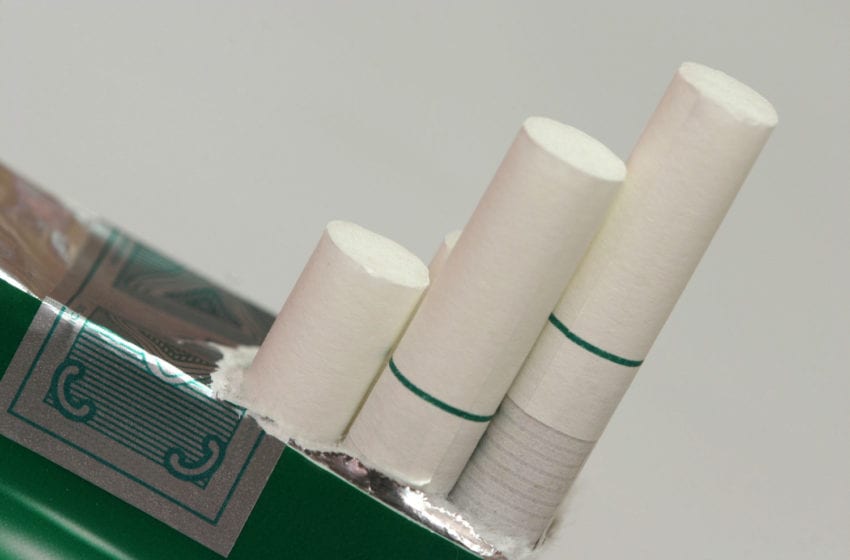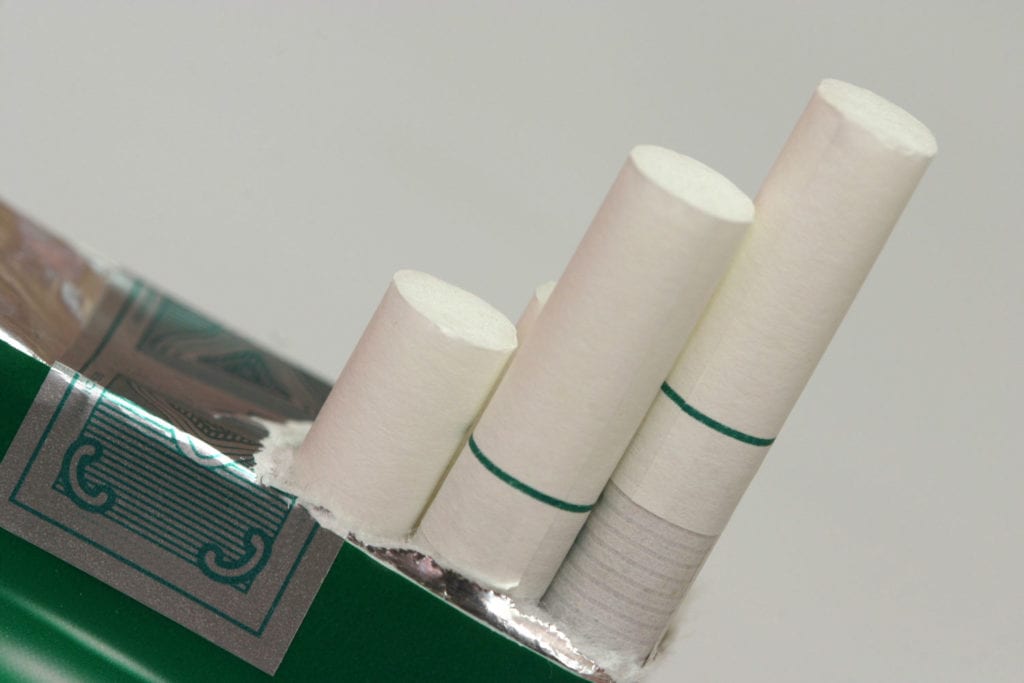Warning Against ‘Mimic Menthols’
- Featured Flavors News This Week
- August 10, 2023
- 0
- 3 minutes read


The U.S. Food and Drug Administration should choose the wording of its intended ban on menthol cigarettes carefully to prevent the emergence of substitute products, according to Maciej Goniewicz, a professor of oncology at the Roswell Park Comprehensive Cancer Center’s department of health behavior.
A study carried out by Roswell Park revealed that several nonmenthol cigarette brands introduced in California after that state banned flavored cigarettes in December 2022 contain synthetic chemicals to mimic menthol’s cooling effects.
“Synthetic cooling chemicals that may cause sensations similar to menthol have been reported recently in various tobacco products, including e-cigarettes and nicotine pouches,” said Goniewicz, who contributed to the research, in a statement. “This is the first study to discover that synthetic cooling chemicals were added to conventional cigarettes marketed after the implementation of statewide menthol restrictions.”
The researchers measured the content of menthol and 15 other cooling chemicals in the new non-menthol cigarettes sold in California and compared those concentrations to similar products with “menthol” labels available in New York State, where menthol cigarettes are not banned.
Among other things, they found that two non-menthol brands marketed to appeal to menthol smokers were available only in California, which according to the researchers suggests that these products are new to the market and marketed to fill the sales void created by the ban on menthol cigarettes.
With the exception of one variety, menthol was not detected in any cigarettes sold in California. However, while WS-3, a synthetic cooling chemical, was not found in any cigarettes sold in New York, the agent was detected in four types of cigarettes in California that included package descriptions implying a cooling effect.
The study results led Goniewicz to conclude that the wording the FDA uses in its regulation will be important. “Otherwise, if the law says simply, ‘You cannot use menthol,’ the manufacturers may do exactly what we found in California—they will use menthol substitutes, and the product will remain on the market,” he said.
